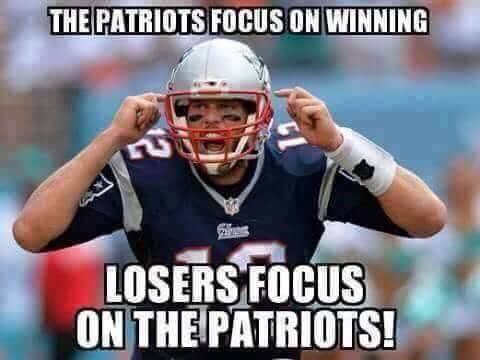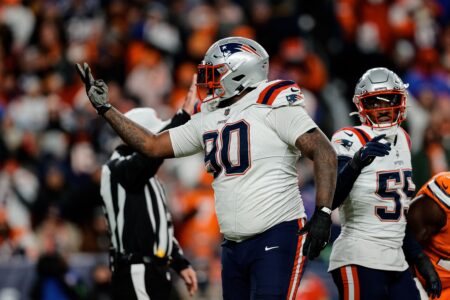None of those are relevant to the odds of the flip. The odds are that a fair coin thrown fairly lands on heads are always 50/50. That doesn't mean that you will have an even number of heads and tails, but over a large number of throws (much larger than 25) you'll be damn close. If you're not just counting heads but instead are counting "successes" (the statistical term), which we'll define as "whatever the Pats called as the coin was thrown", the odds are still 50/50, regardless of whether the Pats called heads, tails, there's wind, rain, etc. Even though those do affect the toss, they're not predictable (given a fair coin and a fair toss) by the team making the call. Obviously if you could perfectly model the dynamics (wind, rain, etc.,) then you could predict the coin toss perfectly, but AFAIK, nobody's managed that, and unknown variables that work symmetrically (i.e., just as likely to cause an otherwise heads-falling coin to become tails as they are to cause a tails-falling coin to become heads) don't affect the odds.


















